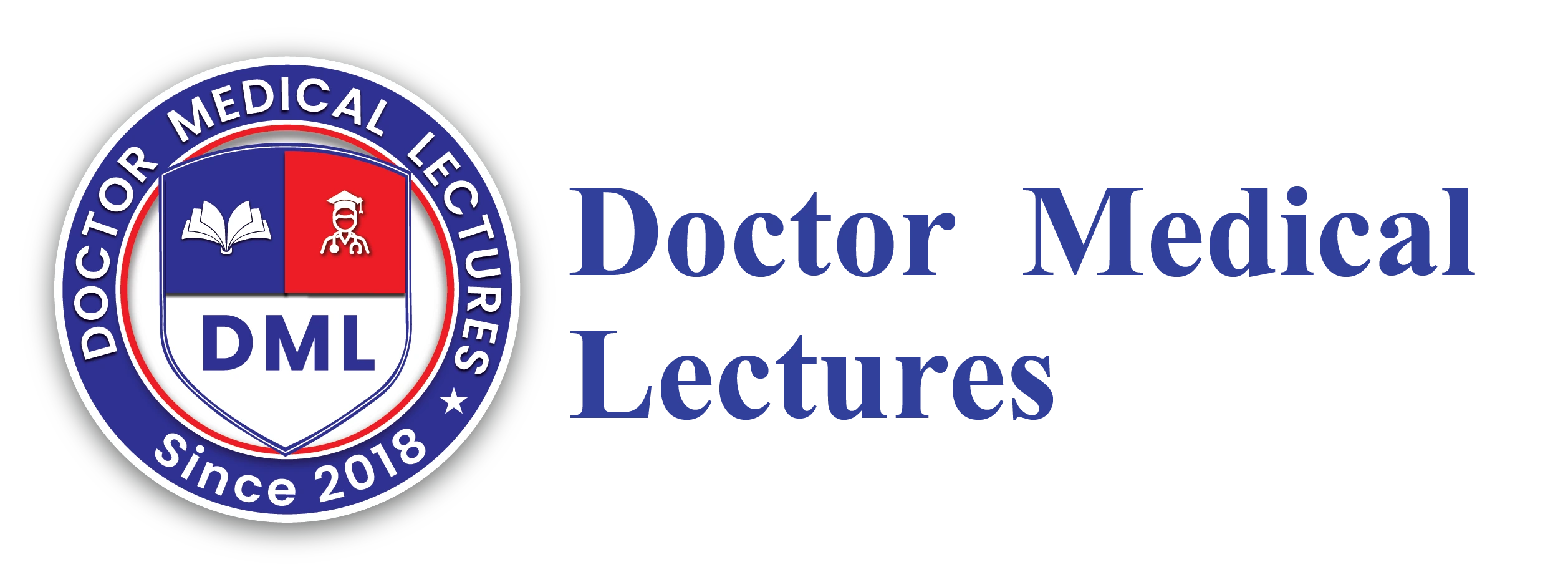Introduction
Medicine begins with a strong foundation, and that foundation is basic medical sciences. These subjects are the starting point for every doctor, researcher, or healthcare professional. Who wants to understand how the human body works, why diseases occur, and how treatments are developed.

They form the core of early medical education and continue to influence clinical practice, research, and public health throughout a professional’s career. In a world. Where healthcare challenges are increasing and new treatments are constantly being developed, basic medical sciences provide the essential knowledge needed to face these challenges.
What Are Basic Medical Sciences?
Fundamental medical sciences is the subjects that provide an explanation of the human body’s functioning. Its structure as well as chemical processes as well as the mechanism of disease. They are introduced during the initial stages of medical school and serve. As the foundation on which practice in the clinic is built.
The fields of anatomy, physiology, biochemistry and pathology, as well. As pharmacology and microbiology comprise the major fields of study in this area. Anatomy assists in gaining an understanding of how the body functions and physiology provides a detailed explanation. The way that body systems work while biochemistry describes the way chemical reactions support life, and pathology examines. The ways that diseases impact normal processes Pharmacology addresses. The effects of medications and their consequences as well. As microbiology is a study of the microorganisms responsible for causing infections. These subjects enable students to integrate theory with practical application, and create the modern language of medicine.
Importance of Basic Medical Sciences in Medicine
The value of medical sciences can’t be understated since they form the base of training and clinical practice in the field of medicine. Students who study these subjects develops the capacity to recognize diseases prior to trying to manage them. The doctor utilizes the knowledge gained from studying these diseases when diagnosing and treating patients. Whether that involves interpreting symptoms or studying lab results, or prescribing medication. Researchers rely on this knowledge for the creation of new medications or vaccines which save lives. The public health system also relies on pathology and microbiology in order to identify and manage outbreaks.
Fundamental medical science and pathology guide the orientation and development of medical practice. They actively shape how we deliver healthcare.
What Is BS Basic Medical Sciences?
It is a BS in Basic Medical Sciences is an undergraduate program designed specifically for students looking to learn about the basic principles of medical science in a systematic manner. The typical four-year course that exposes students to the most important science based subjects that are the basis for human well-being and illness.
This program blends classroom instruction through laboratory work, helping students to improve their the ability to research, think critically and analytical abilities. Students who complete the degree go on to dental colleges, medical schools or pharmacy schools. Some go on to medical research, pharmaceutical companies and public health sectors. The program prepares students for a variety of career options which makes it among the most versatile and effective options for students in the health sciences.
What Are Basic Medical Science Courses?
The subjects taught in the basic medical sciences differ based upon the school, however the fundamental subjects are constant across the globe. Students learn about anatomy as well as biochemistry, physiology microbiology, pathology, and pharmacology with great detail. Anatomies help them comprehend the body’s anatomy starting from organs up to the microscopic tissue. Biology focuses on how various components like the cardiovascular and respiratory system work in tandem in order to sustain the quality of life. Biochemistry exposes them to the molecular and metabolic interactions. Pathology describes the transformations that happen throughout the body because of illness.
Careers in Basic Medical Sciences
The pursuit of knowledge in medical sciences could lead to a variety of opportunities for career advancement. In the case of Certain graduates benefit from this information in order to become doctors, dentists or pharmacists. Additionally certain students decide to go into biomedical research. In this field, they perform experiments in labsin an effort to find the most current procedures and diagnostic methods.
Additionally that, the pharmaceutical sector provides promising career opportunities, since experts work on creating and testing new drugs in order to ensure better and safer medications are made available to the public. While at the same time there are experts in public health who specialize in pathology and microbiology help in preventing spreading diseases and to improve the overall health of communities. So that the fundamental medical sciences do not just provide an academic basis that is solid, however, they also offer a wide range of possibilities for research, healthcare as well as public health.
Careers in academia are also popular since many experts opt to instruct these topics in medical and university schools to ensure that the future generation of health professionals has an excellent foundation. Biotechnology and healthcare industries growing globally, the need for specialists with experience in medical fundamentals is growing.
Difference Between Basic Medical Sciences and Clinical Sciences
Students often wonder about the way that basic medical science differs from the clinical sciences. Medical sciences that are fundamental focus on the theories and basic concepts of medicine. On the other hand, clinical sciences involve the application of that knowledge to the treatment of patients. At the beginning of medical school, teachers introduce pupils to anatomy, physiology, biochemistry, microbiology, pathology, and pharmacology to build their foundation.

As they progress they are introduced to topics like surgery, internal medicine as well as pediatrics, gynecology and psychiatry, where they work direct with their patients. Medical sciences that are fundamentally based explain how an illness occurs, whereas clinical sciences help determine, treat, and control the condition. The one cannot be without the other and they both complete the process of medical education.
Challenges in Studying Basic Medical Sciences
As with any academic discipline the basic medical sciences also pose problems for students. The quantity of information is huge, which requires commitment and discipline. Students must learn numerous structures, processes as well as disease-related processes. Another issue is connecting the theories with actual implementation, which typically calls for clinical instruction.
How to Succeed in Basic Medical Sciences
Achieving success in medical sciences that are fundamental relies on consistent studying habits and effective methods of learning as well as a curious mind. Students often find group discussions useful because presenting concepts to others helps strengthen the students’ knowledge. Continuously educating themselves on the latest research in medicine and applying it to actual situations can make the learning process deeper and more effective. If you are patient and persistent it is possible to achieve success in these fields. can be achieved.
Conclusion
The basic medical sciences form the foundation of medical science. They provide the connection between the application of knowledge and between practice and theory, in addition to assisting with learning and helping save lives. Students who master these subjects are making sure they are prepared for success in the field of healthcare. Researchers can use them as an opportunity to develop innovations that can improve public health and treatment.
Teachers have the chance to help inspire the next generation of doctors as well as researchers. If you’re at the beginning of your medical career you should be focusing your attention on these disciplines. It will provide you with the clarity and determination you require to take the next step. It is best to look for sources, register on credible academic institutions to stay on track. With the course of your studies to ensure that you can turn your expertise into a real-world application.
FAQs
Q1.What is medical basic science?
Basic medical science studies the human body’s anatomy, functions, and processes, explains. How illnesses affect the body, and shows how treatment methods are designed.
What is BS Basic Medical Sciences?
BS Basic Medical Sciences is an undergraduate degree with four years of study that concentrates upon anatomy and physiology pathology, pharmacology and biochemistry and microbiology. It prepares students for medical, research or health care careers.
What are the most basic medicine science programs?
The courses listed are those taught at medical schools in the first years of study, which include anatomy as well as biochemistry, physiology microbiology, pathology, and pharmacology. There are also courses offering genetics as well as public health.
What are the basic medical sciences?
The basic medical sciences comprise fundamental disciplines in medicine that provide a deeper understanding of the human body as well as the mechanisms of disease as well as drug interactions, and provide the basis for research and clinical practice.
What exactly is the basic science of medicine is all about?
It’s all about understanding disease and health starting at the simplest scale. Teachers show students how to connect theories with medical practice, research, and patient care.
